Universal Flu Vaccine Begins Two-Year Clinical Trial
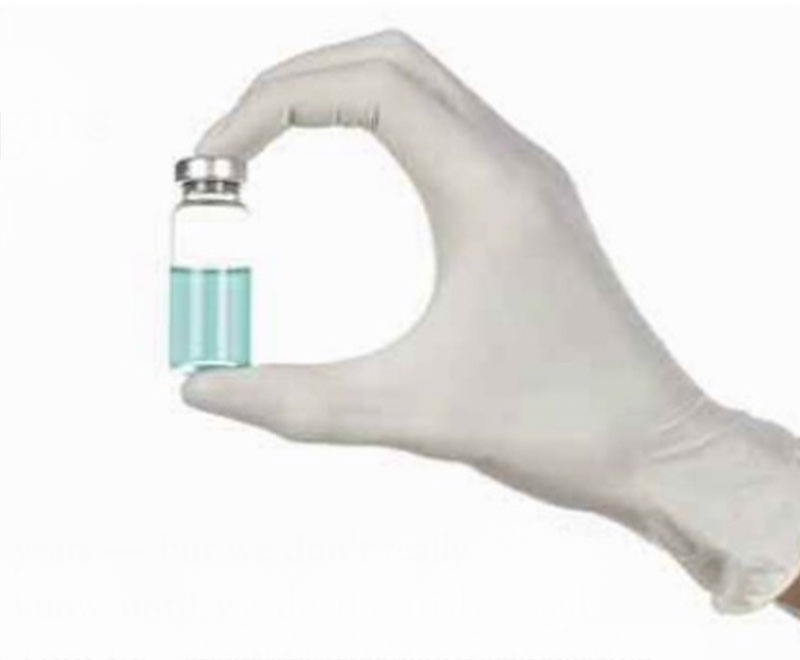
Researchers at the University of Oxford have begun a two-year clinical trial to test a universal influenza (flu) vaccine in more than 2,000 patients.
Subcutaneous Prophylaxis with Bispecific Monoclonal Antibody Reduces Bleeding Rate in Hemophilia A and Inhibitors
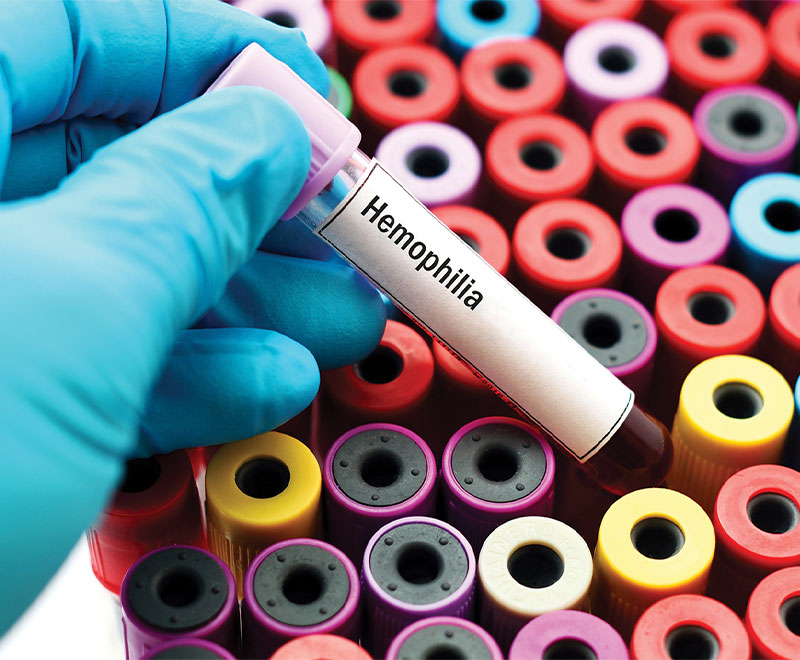
A Phase III study involving 109 male participants with hemophilia A and inhibitors showed that once-weekly subcutaneous prophylactic administration of an investigational bispecific humanized monoclonal antibody (emicizumab; ACE910) was associated with a significantly lower rate of bleeding events than no prophylaxis.
Clinical Trial of Universal Flu Vaccine Is a Success

Scientists at the National Institutes of Health, Frederick National Laboratory for Cancer Research and the University of Melbourne in Australia tested a new universal flu vaccine that produced good immunity against several different strains of influenza viruses.
Study Shows Impact of Age and Pre-Existing Influenza Immune Responses in Older and Younger Adults
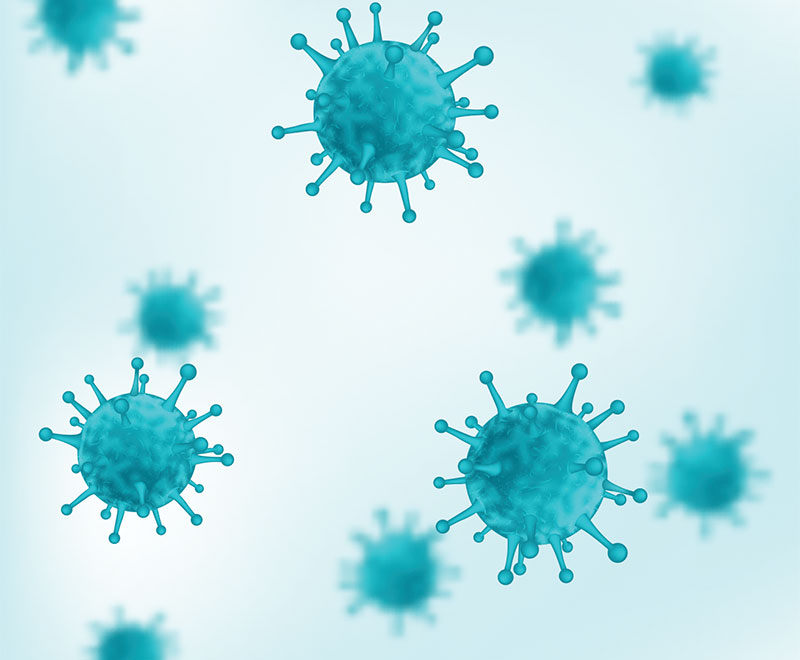
In an effort to understand how current influenza vaccines are influenced by preexisting immunity in people of different ages, researchers vaccinated volunteers ages 18 years to 85 years with split, inactivated Fluzone influenza vaccine in four consecutive seasons from 2013 to 2016, and assessed the impact of repeated vaccination on breadth and durability of antibodies as a result of vaccine strain changes.
Subcutaneous Immunoglobulin Well-Tolerated and Effective in Mild to Moderate Exacerbations of Myasthenia Gravis

Canadian investigators at the University of Alberta evaluated the use of self-administered subcutaneous immune globulin in a prospective, open-label, Phase III crossover trial in adult patients with myasthenia gravis experiencing mild to moderate worsening of symptoms.
Recombinant Quadrivalent Flu Vaccine More Effective in Older Adults
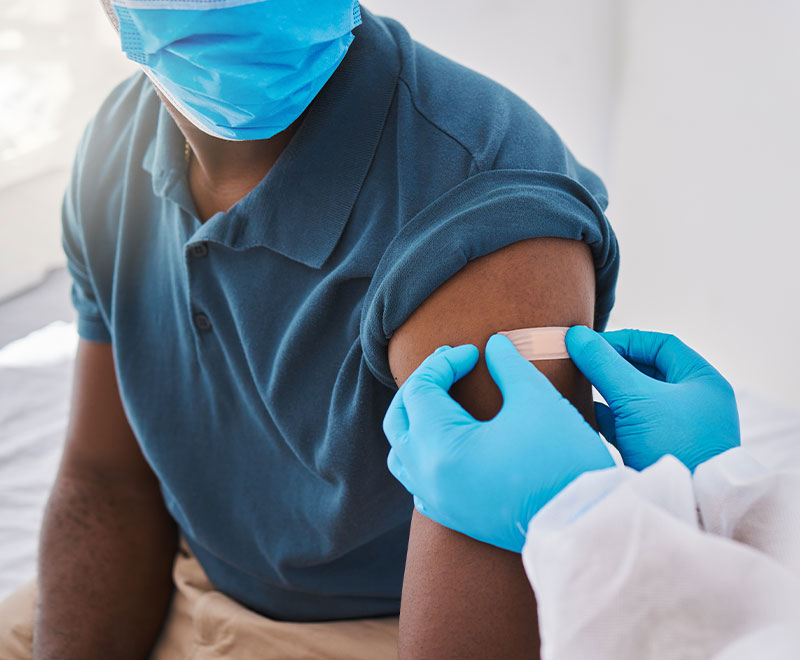
A clinical trial comparing the protective efficacy in older adults of a quadrivalent recombinant influenza vaccine with a standard-dose, egg-grown quadrivalent inactivated influenza vaccine during the A/H3N2-predominant 2014-2015 influenza season showed RIV4 provided better protection against confirmed influenza-like illness among older adults.
Hemophilia B Gene Therapy Is Effective Despite Immune Reactions
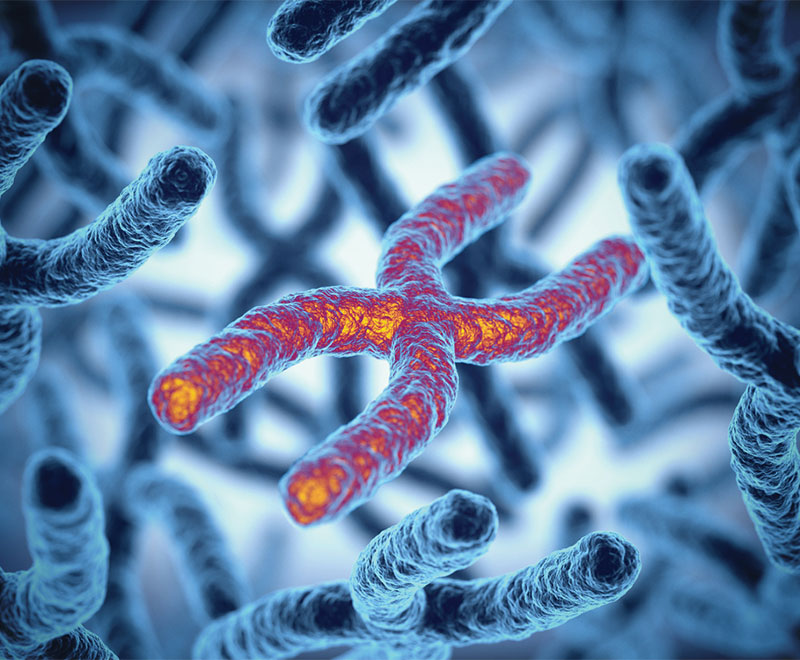
A PhaseI/II study of nine patients with hemophilia B who underwent Spark Therapeutics’ SPK-9001 gene therapy are promising, despite two adverse autoimmune reactions.
C.Diff Vaccine Shows Promise in Phase II Trial
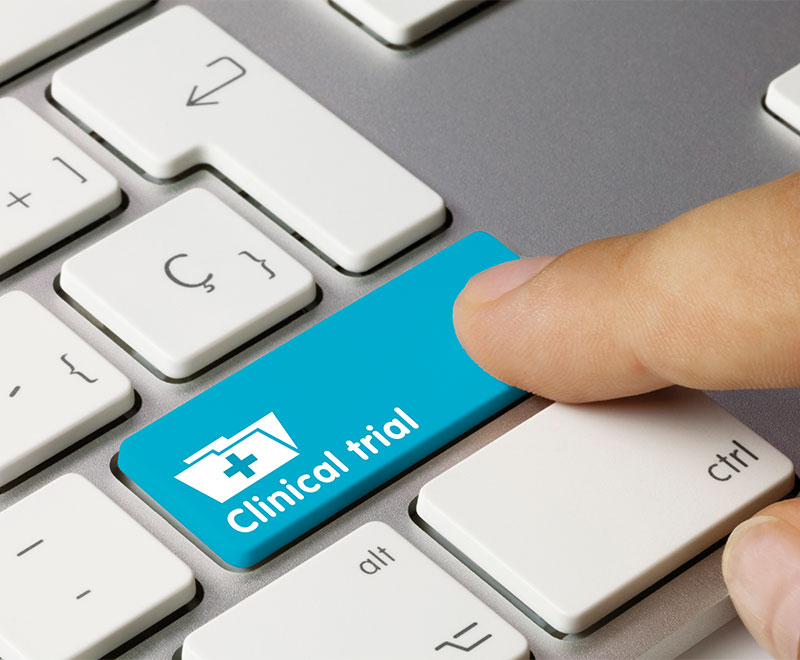
Results of a Phase II clinical trial ofPfizer’s preventive vaccine againstClostridium difficile (C. diff) showed the vaccine was safe and stimulated a C. diff targeted immune response.
Infusion of BPX-501 T Cells Renders Haplo-HSCT a First-Line Option for Children with PI

A Phase I/II study indicates that haplo identical hematopoietic stem cell transplantation (haplo-HSCT), after depletion of α/β T cells and B cells followed by adoptive infusion of donorBPX-501 cells, is an effective alternative for children with primary immunodeficiency disease (PI) in need of an urgent allograft or lacking a suitable human leukocyte antigen (HLA)-matched donor.
IDELVION Prevents Bleeds and Reduces Drug Consumption in Hemophilia B Patients

Results from the Phase III PROLONG9FP ongoing extension clinical development program evaluating the long-term efficacy and safety of IDELVION (coagulation factor IX [recombinant], albumin fusion protein) showed that extended prophylaxis treatment regimens effectively prevented bleeds while also reducing overall IDELVION consumption.